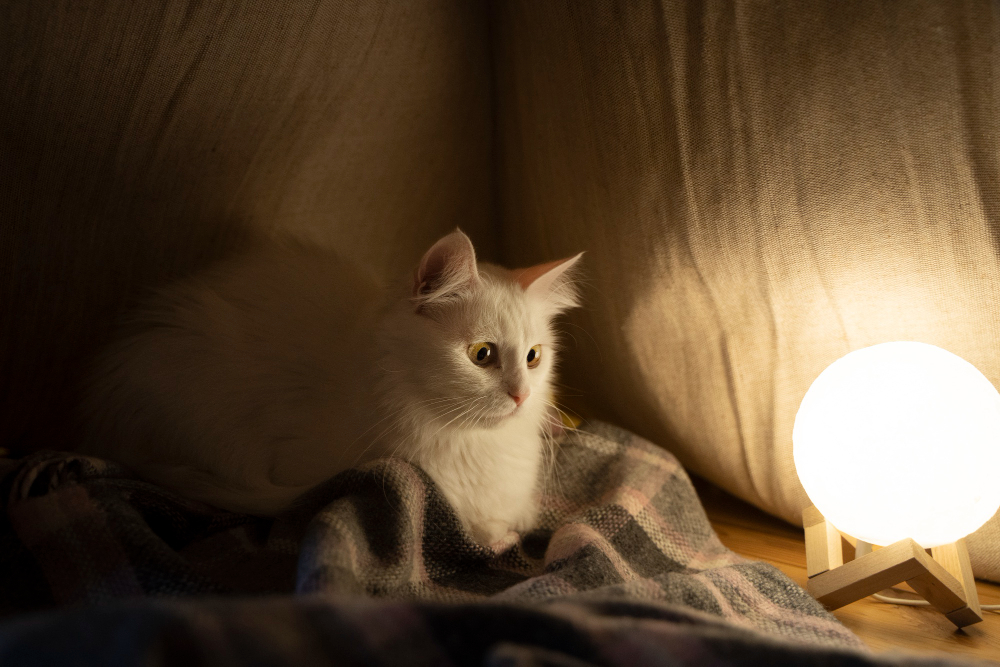
Pets are fun to have around. They can ultimately uplift your mood and bring happiness into your life.
Cats, in particular, are loved by many. One reason is that cats are fiercely independent creatures who are loyal, loving, and caring. Therefore, leaving a cat alone for more than a day can give us separation anxiety.
Even more, cats still need to be more independent than dogs. They may act as if they like to live aloof and can take care of themselves.
However, they are very social animals who require love, affection, and physical touch, so it's not good to leave a cat alone for a week or more. They need to be taken care of, especially by providing them food, cleaning their litter boxes, and taking them to the vet if they are sick.
In this blog post, we will tell you why leaving your cat alone for a week is not a good idea and how to keep your cat from being bored.
Let's get right into it.
How Long Can Cats Be Left Alone?
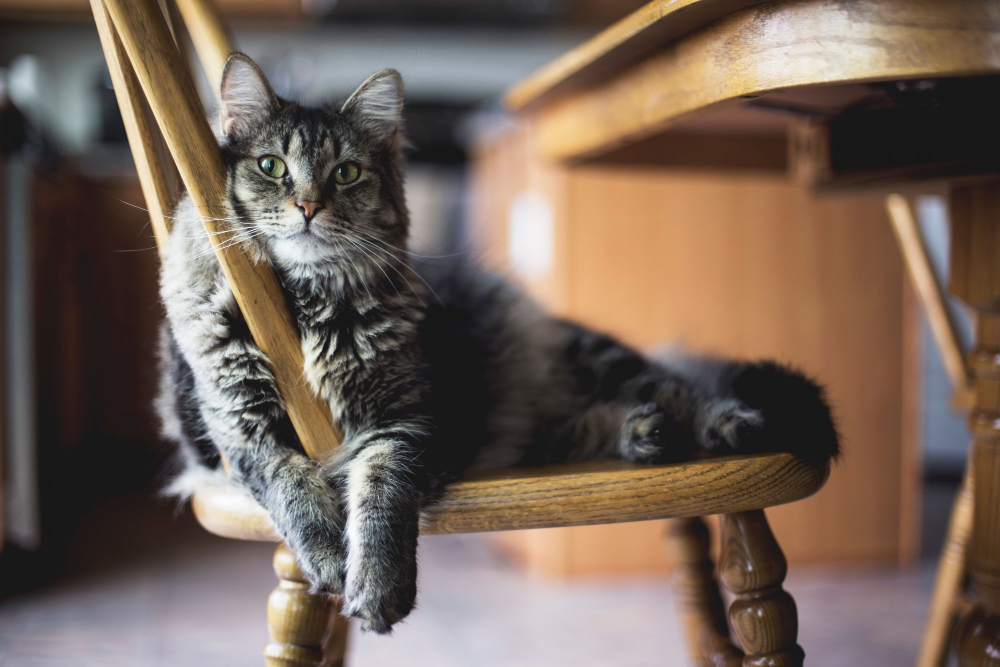
Cats can be left alone at home but not for an extended time. Most adult cats can live alone for up to 24 hours. You must ensure your home has a safe environment so your cat does not suffer boredom, stress, or separation anxiety.
Additionally, your cat's well-being should be of the utmost importance, so before leaving your cat alone, you must ensure that it is cared for even when you are not present.
Kittens require much more care than adult cats, so they cannot be left alone for more than a few hours. They are very vulnerable and need feeding frequently, so you should not leave them alone for long periods.
This is especially the case for kittens younger than 4 months, as they cannot care for themselves. Moreover, they require food very frequently and always need your attention. Leaving kittens unsupervised could end up badly for them.
Senior cats require monitoring since most of them do have an illness that needs to be taken care of. They also can get affected the most by changes in routines, so you will have to monitor their behaviour for potential signs of anxiety and stress after leaving them alone.
Can I Leave My Cats Alone For A Week?
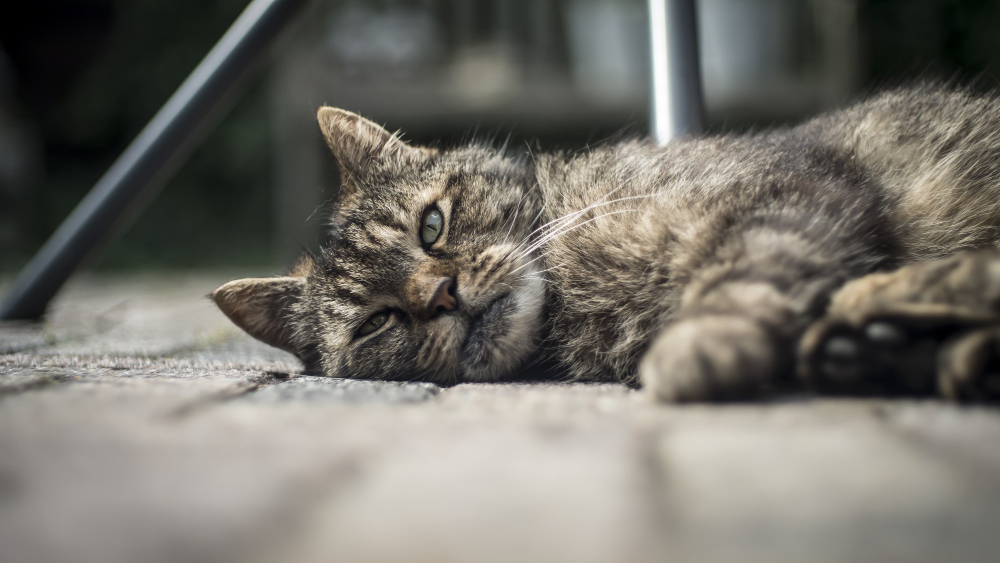
Leaving your cat without supervision for a week can be a huge disaster. If you do have to leave them for an entire week, find a sitter to check on your cat. You can take help from a family member, friend, or a pet sitter. In case no one is around, consider using a boarding facility.
It is not advisable to leave a cat alone for a week, especially if a kitten or senior cat requires care and attention. A week is very long, so you should not leave your cat alone, especially without a pet sitter.
Perhaps ask one of your family members to be a pet sitter for your cat. You can even call a professional pet sitter to care for your cats needing the most attention. Alternatively, you can also opt for cat boarding to provide care and supervision.
As independent as cats are, they are also very curious. The saying "curiosity killed the cat" is accurate and should be kept in mind when planning to leave cats home alone for longer periods. Cats are incredibly curious creatures who can get themselves in dangerous situations.
Suppose your cats are used to the indoors. In that case, you may leave your cat alone with certain precautions, such as scheduling a feeding time, using multiple litter boxes, and having a family member sit your cat.
Do not leave your cat in an outdoor environment, even if it is familiar with the surroundings, because it can get hurt in the streets or injured by other wild animals.
You will need a pet sitter at all costs if you leave your cat alone for more than a week because indoor cats can become destructive due to separation anxiety and boredom.
They can ingest toxic foods or cleaning supplies, so they need cat sitters to look after them. Cat parents, therefore, need to be vigilant when leaving cats home alone for a week or even more.
Do Cats Get Lonely?
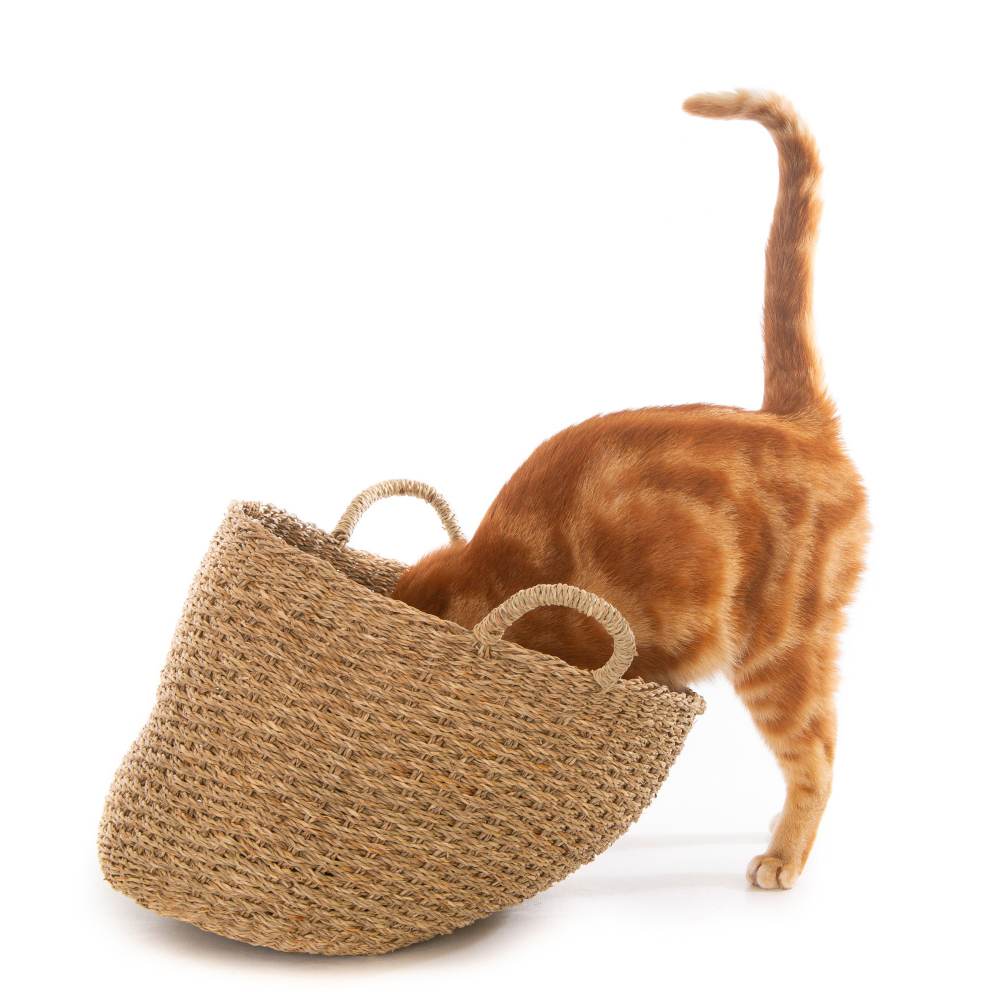
Most cats typically act like they do not care much for company and are too cool for their owners. However, this is not true at all.
Cats are some of the most social animals, and they love company. Keeping a cat company ensures their mental stimulation and keeps them busy.
Cats get depressed when left alone on their own for extended periods. They also get separation anxiety when their needs for companionship are not met by their owners.
Important Note: You may not be able to notice your cat's separation anxiety because, unlike dogs, they do not trash the entire place or howl at the neighbors. Cats with separation anxiety become clingy and meow a lot. They also stop using their litter box.
But these symptoms often go unnoticed in cats, so you need to be very observant and vigilant.
Cats do get lonely because they have high social needs. They form strong bonds with their families. So leaving a cat alone will negatively affect its mental and physical health.
You can look for certain signs if you wish to know if your cat is feeling lonely in your absence.
These signs are:
- Changes in appetite - A lonely cat will stop eating.
- Marking outside the litter tray - Lonely cats usually stop using their litter box.
- Weight loss - Lonely cats tend to lose a lot of weight because they don't eat properly.
- Disinterest in grooming - Lonely cats will avoid grooming sessions. The mere sight of cat grooming accessories will scare them.
- Disinterest in their favorite toys - They will stop playing with their cat toys.
How To Leave Your Cat Home Alone (Food, Water, Safety, And Entertainment)
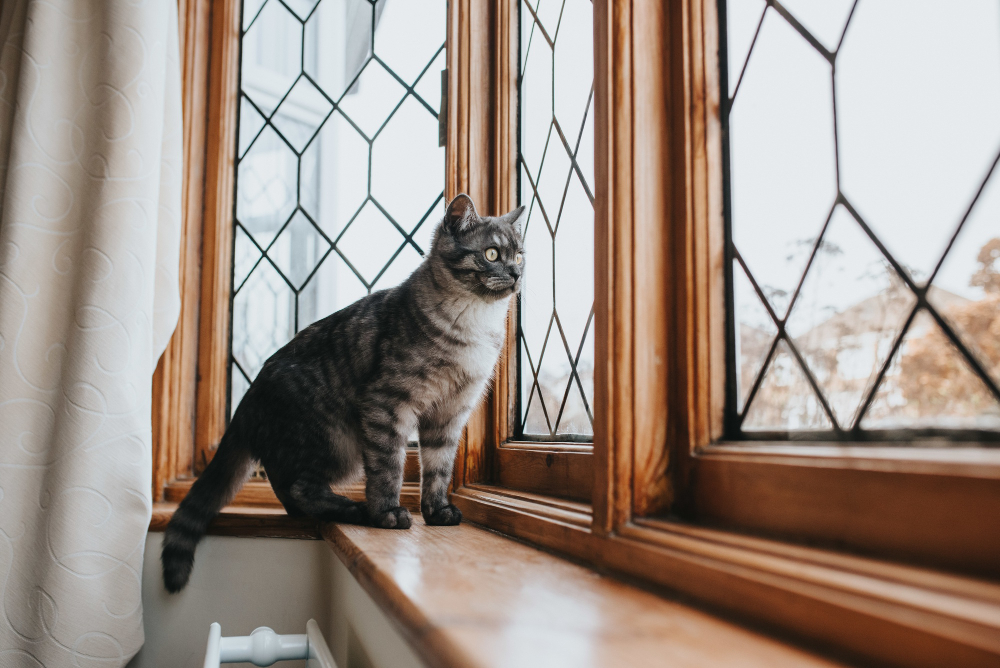
Sometimes leaving your cat at home is necessary because, let's be real, you can't take your cats everywhere. If that is the case, then you must take all the precautions to guarantee that you leave your cat in a safe and healthy environment.
There are also boarding facilities available where you can leave your cats. These boarding facilities provide shelter, food, and care for your felines. Other cats are also in such boarding facilities, so your cat always has company.
However, suppose this is not something you are willing to do. In that case, you can even leave your cat alone with all the necessary precautions.
Leaving a cat alone can be daunting, but taking these measures will be like a vacation for your cat in your absence.
Here is what you need to do:
1) Clean your house before leaving
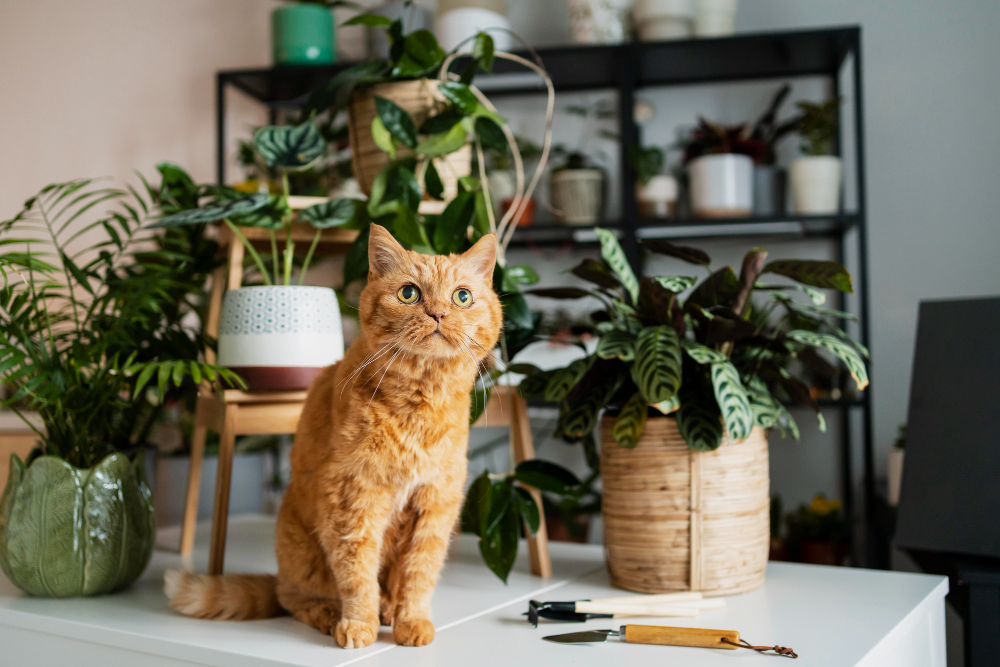
Cats are incredibly curious creatures, so they will get into everything. Before leaving a cat alone for a few days, you should ensure that everything is put in place so your cat does not get themself in danger.
Cleaning the house will ensure no toxic foods or choking hazards are lying around. You should hide plastic bags, clean the trash, put down the toilet lid, and put away items of jewelry or other sharp objects.
Vacuum each nook and cranny of your house because your cat will find their way to any forbidden thing.
2) Leave out tons of extra food and water

The biggest worry about leaving a cat alone is ensuring they are always fed because it is cruel to leave them hungry and thirsty.
Before you go away, make sure to leave out plenty of dry food for your cat. If you leave for more than a few days, you will need more than one bowl of food. You can leave out extra bowls filled with enough food and place them in multiple places. This way, your cat can feed themself whenever they are hungry.
Alternatively, you can buy an automatic feeder if you are leaving your cat at home for an entire week.
Important Note: An automatic feeder works via an app that allows you to control when the feeder dispenses the food. This way, you can ensure your cat eats proper meals on time.
If your cat likes to eat wet food, you could ask one of your family members or a house sitter to come and give your cat wet food occasionally.
You must also leave out a water bowl for your cat to drink. You can buy a water fountain or place several water bowls for your cat.
3) Maintain and prep the litter box
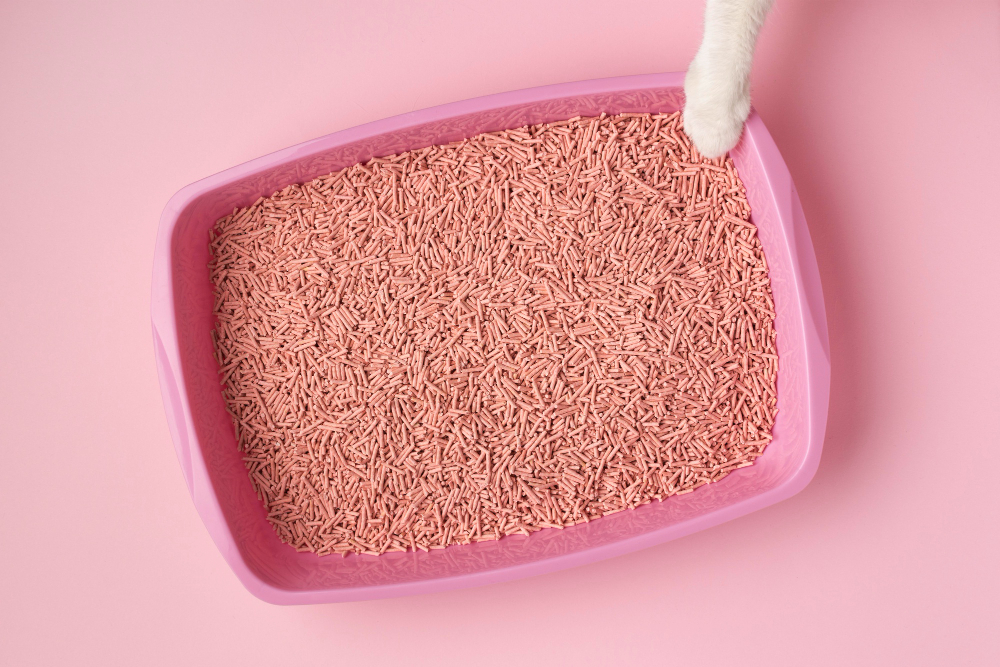
If your cat's litter box is not maintained and cleaned, the cat will not use it. You will come home to a stinking house with cat pee and litter.
Cleaning your cat's litter box before you leave is important. If litter boxes are cleaned, your cat will use them and refrain from being unhygienic.
Don't opt for self-cleaning litter boxes. They are not good for pets. Instead, you can place multiple litter boxes around your house and train your cat to use them before you leave them alone.
4) Leave out scented pieces of clothes
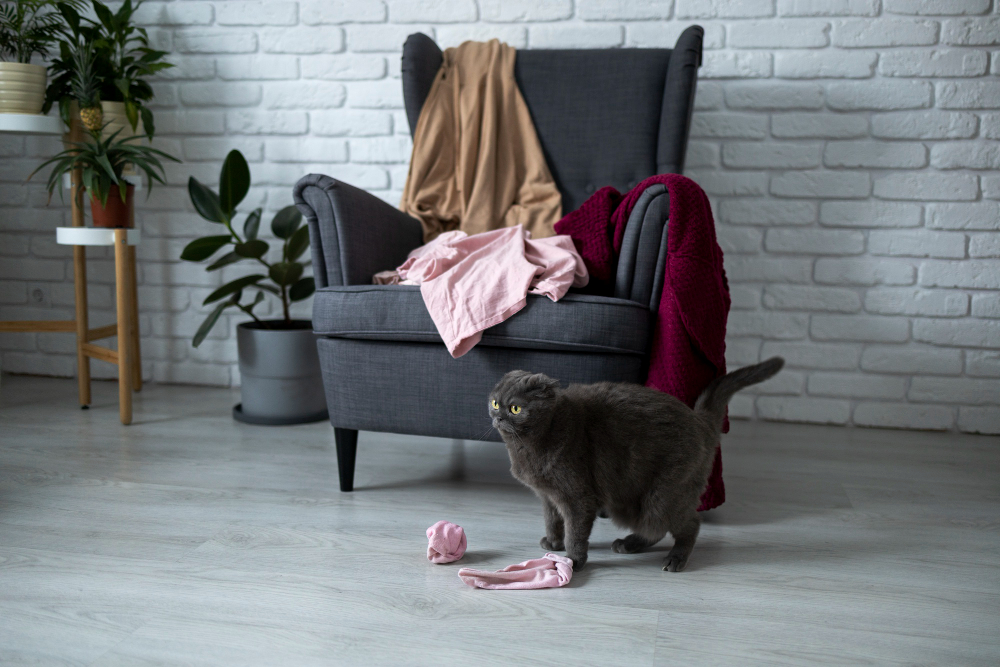
Suppose you don't want your cat to have separation anxiety or get lonely. In that case, it's better to leave out some of your clothing so that they can feel comforted and safe while you are away.
Leaving out pieces of your clothing will help them not get stressed and also let them know that you will return for them. As much as cats try to act like they are too cool for humans, they love their families. And cats get worried if their family is away for long periods.
5) Leave out toys and create a fun environment
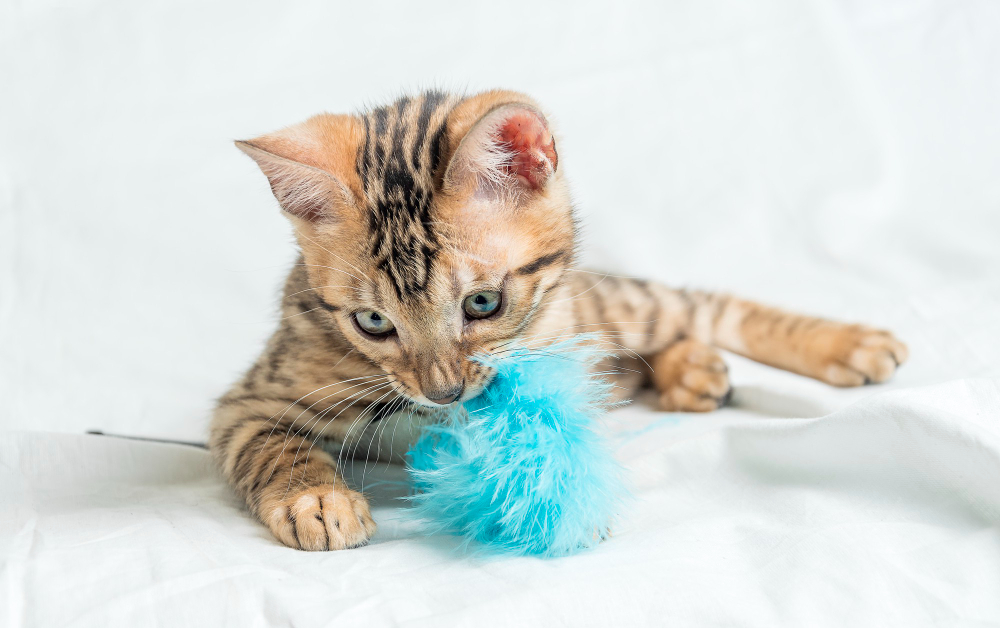
Cats love to play, so if you are going to leave them alone, give them some toys to play with. You should provide an environment that constantly stimulates their brain and provides them with physical activities.
Leave out some cat toys, such as catnip toys, cat teasers, scratch posts, and other squishy toys your cat loves.
You may also like: 6 Best Toys For Cats Alone at Home
6) Hire a trusted cat sitter
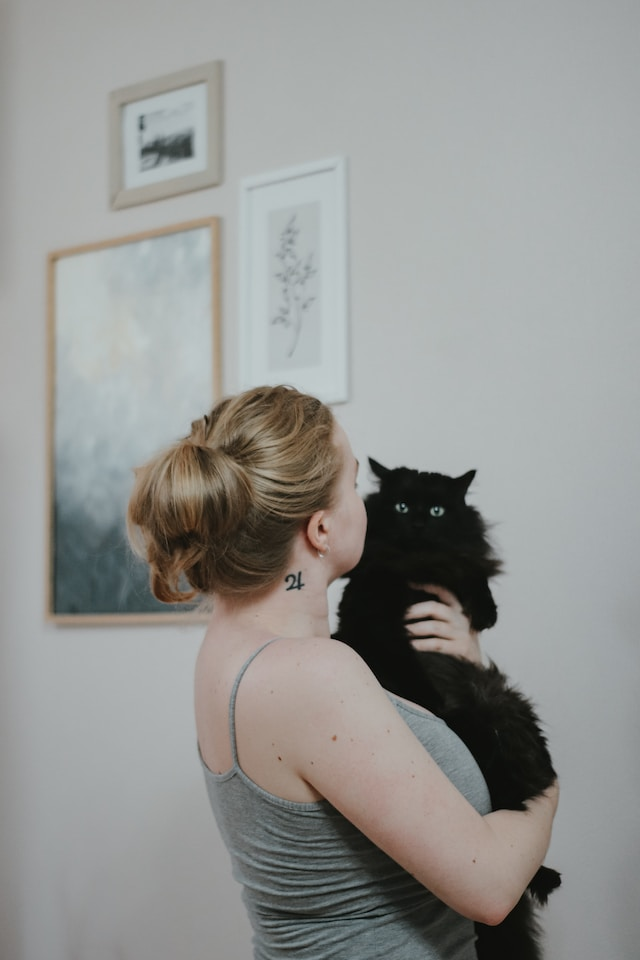
If you plan to go on vacation for more than 4 to 5 days, you should hire a sitter for your cat. The sitter will come to your house once or twice daily and feed your cat. They will also play with your cats and give them company.
If you plan to get a sitter, make sure they know how to care for felines and can be trusted. Give an emergency contact to the sitter so they can notify that person in case things get bad and you are not available.
Final Words!

You can only leave your cats alone for a couple of hours or, at most, a day. However, suppose you are planning to go away for much longer than that. In that case, you should take specific measures to ensure your felines are cared for in your absence.
Clean your house, leave behind ample food and water, clean litter boxes, toys, and scented clothes. It's always recommended to hire a sitter so that they can check on your furry little friend.
Cats are fairly independent creatures, and some also thrive off living alone. However, they get separation anxiety and become stressed if left to their own devices for a week or more, so you should be prepared before leaving them alone.


0 comments